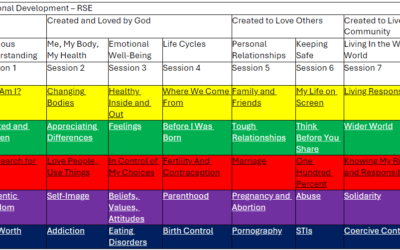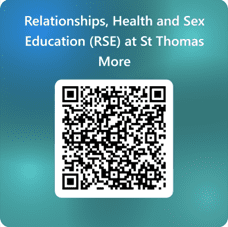Character Curriculum – RSHE
Character education sits alongside our existing academic programme to ensure that students have access to a wide and balanced range of experiences throughout their time at school, giving them the opportunity to develop and embed our core values of ‘BeMore’ and to ‘ASPIRE’.
We believe that the way that we develop a young person’s character through a wide number of opportunities will enhance their journey through school. From the very first week in Year 7, we open our students up to as many possibilities as we can; from team building to becoming members of the Chaplaincy Team, taking part in numerous clubs, and sport enrichment opportunities which is part of the timetable and much, much more!
High quality RSHE helps create safe school communities in which students can grow, learn, and develop positive, healthy behaviour for life, and for the following reasons:
RSHE plays a vital part in schools fulfilling their statutory duties to protect and safeguard their students. Ofsted is clear that schools must have a preventative programme that enables students to learn about safety and risks in relationships.
Schools maintain a statutory obligation under the Children Act (2004) to promote their students’ wellbeing and under the Education Act (2002) to prepare children and young people for the challenges, opportunities and responsibilities of adult life. A comprehensive RSE programme can have a positive impact on students’ health and wellbeing and their ability to achieve, and can play a crucial part in meeting these obligations.
Key Documents
RSE Secondary Leaflet for parents
Course description KS3 and KS4
The STM Character programme, will teach Relationship, Sex and Health Education within the context of a Christian understanding of human sexuality rooted in the wisdom and teaching of the Catholic Church.
PSHE and RSHE are statutory but non-examined subject. It helps to give students the knowledge, skills and understanding they need to lead confident, healthy and independent lives. It aims to help them understand how they are developing personally and socially, tackling many of the moral, social and cultural issues that are part of growing up.
We are embracing the challenges of creating happy and successful adult life by giving pupils knowledge that will enable them to make informed decisions about their wellbeing, health and relationships.
We will deliver this teaching through Personal Development lessons, which are timetabled for 45 minutes each Wednesday. These lessons cover both our PSHE and RSE curriculum. Topics covered in the RSE lessons are grouped in three core strands: Health and wellbeing, Relationships, and Living in the wider world. These strands run through Year 7- Year 11.





